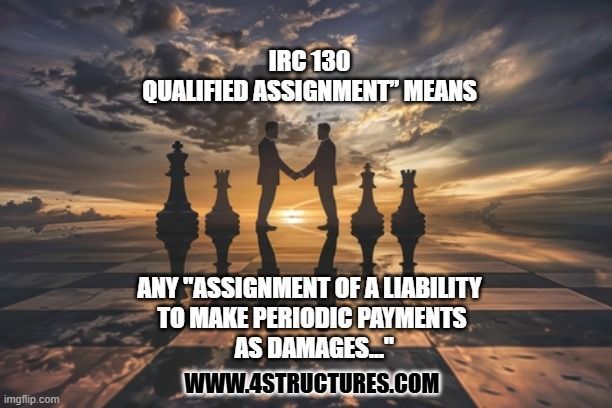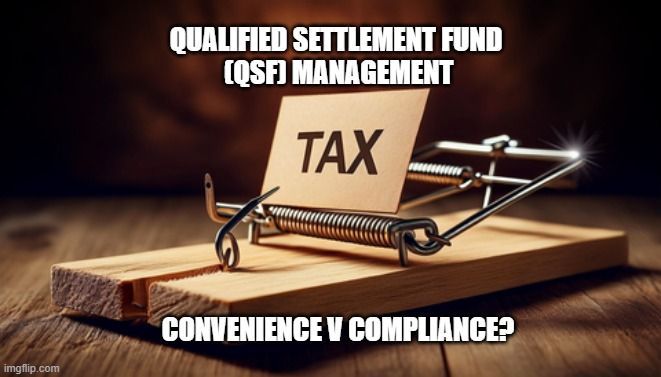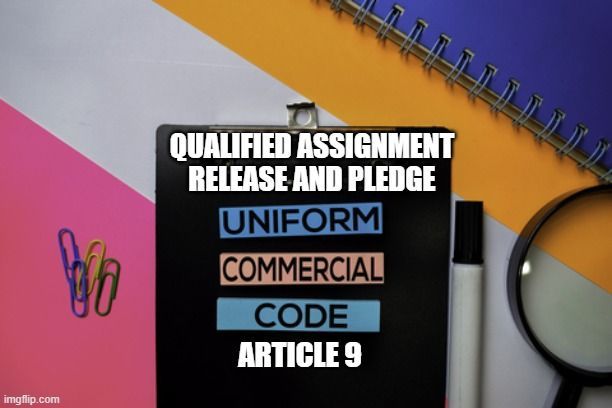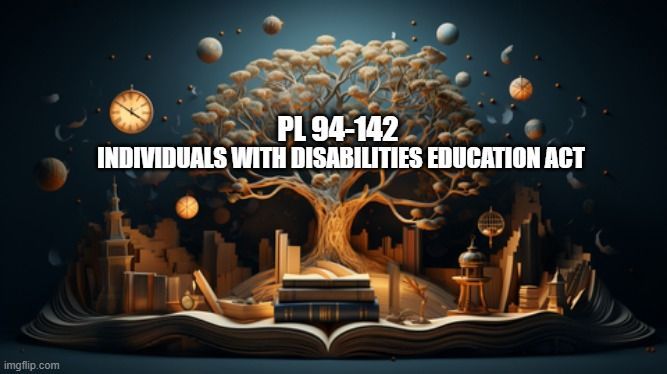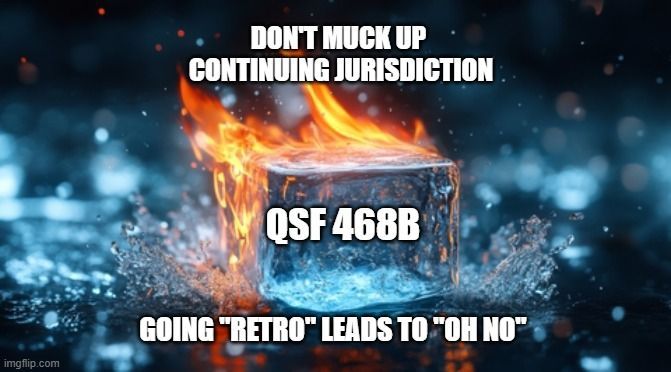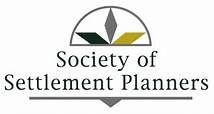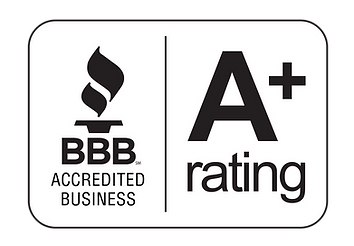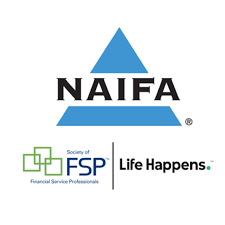John Darer Earns Certified Insurance Fiduciary (CIF)
What The Heck is That, and Why?
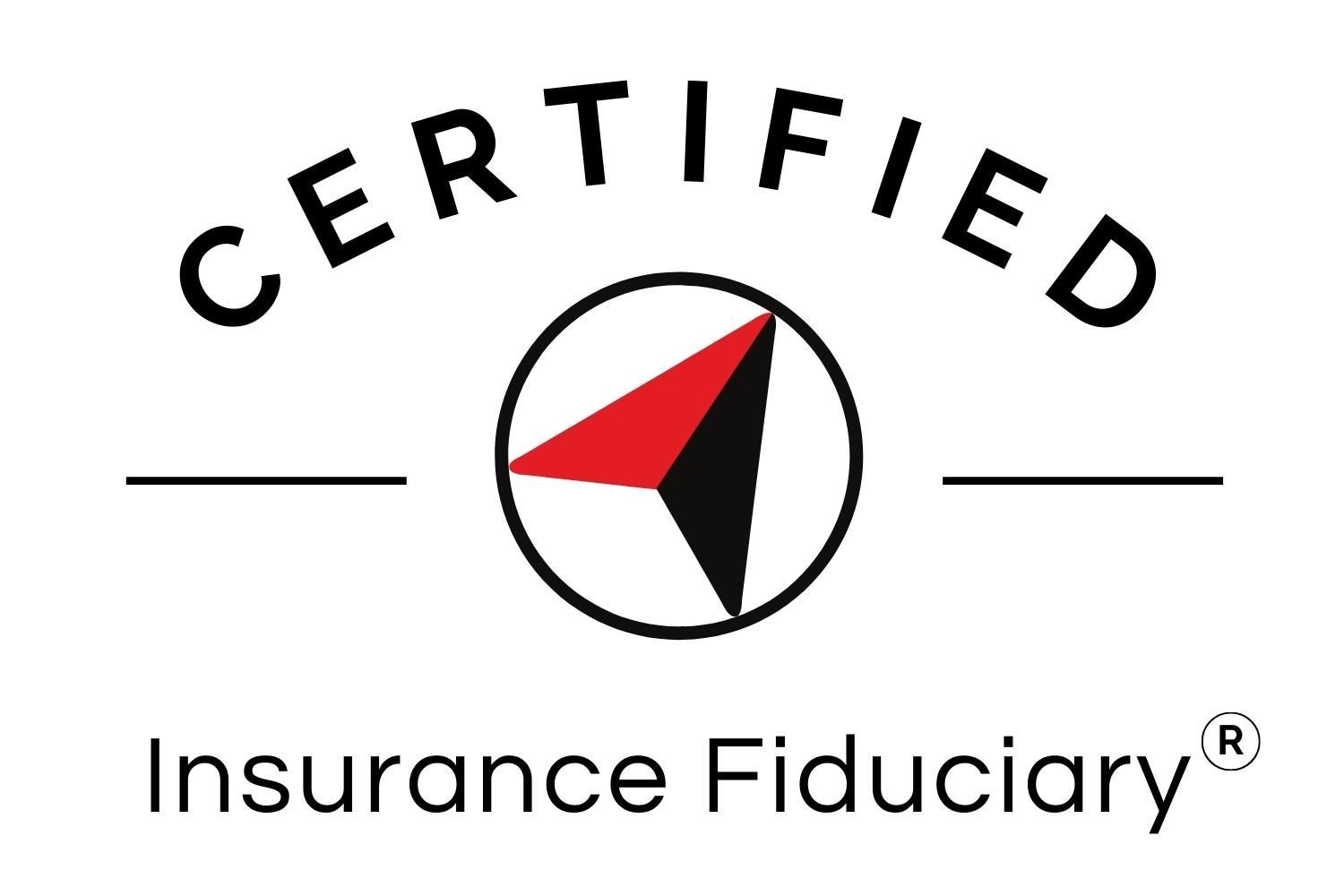
In 2008, I was chatting with a recent college graduate, son of a friend of mine, who saw me reading a textbook in a diner and asked me what I was doing. When I explained to him that I was studying to earn the Registered Settlement Planner (RSP) I earned an interesting question. He said "John, why do YOU need to do that?" Need? I responded that I enjoy learning new things and keep on raising the bar for those that follow. That was my 4th professional designation. I'm up to eight. Joe Tombs, an industry colleague of mine from Amarillo, Texas might have me beat by one.
Lifelong Learning is Part of My Core Values
I consider myself a lifelong learner. I've had good role models and was seeking the next opportunity to up my game professionally and personally to augment my structured settlement, settlement planning, financial planning, and insurance practice. I've been in financial services for 40 years and in the structured settlements and settlement planning space for almost 30 of those and wanted to become a resource for non-insurance licensed planners or trustees who desire to provide insurance related expertise as part of a team of advisors or a “community of practice”.
I became aware of the Certified Insurance Fiduciary certification program (offered through The Ethical Edge, Inc.), from my membership in the Society of Financial Service Professionals (SFSP). I was not only intrigued by the course description and the opportunities that might develop, through this course I had the means to address the “baying throngs” who had been after me to move on to the heretofore threadbare second row of my business card. So I decided to give it a whirl.
For an approximately 40-hour total time commitment over 10 weeks ending June 15, 2023, along with a written practicum, I was immersed in the detail and preparation to earn the professional certification of Certified Insurance Fiduciary, which I've now completed!.
What is a Fiduciary?
In user-friendly terms, a fiduciary is someone who must put the best interest of the person they are representing ahead of their own.
As a financial advisor, it means only recommending strategies, products, or tools that are most likely to benefit my client, regardless of how it affects me. Moreover, it could mean turning down a potential client because I know that the services that I am offering are not right for them and they could find a better match somewhere else.
Getting there means facilitating the process that enables the client to determine what is in their best interest.
Between my training as a Certified Financial Transitionist (CeFT), which addresses the personal side of money during life transitions and the Certified Insurance Fiduciary (CIF), together with technical expertise from my other designations CLU, ChFC, CSSC, MSSC, RSP and CLTC, and practical know-how that four decades of experience brings, I feel well balanced to facilitate a collaborative process that empowers a client to determine what is in their best interest and to be able to document my process and the alternative solutions discussed with the client.
Suitability
In finance, “suitability” refers to the obligation of financial professionals to recommend investments that are suitable for their clients based on their financial situation, investment objectives, risk tolerance, and other factors. The suitability standard is less stringent than the fiduciary standard, which requires financial professionals to act in the best interest of their clients.
Having been trained as a Certified Financial Transitionist, in addition to technical skills, my intake process includes activating and implementing the personal-side skills clients need from me as they move through their human experience of worldwide transition and/or their own individual one. Financial Transitions Planning teaches you the stages of transition and what to look out for and do during each stage or observed transition trait. More important, though, is what it teaches you about yourself and how to be for your clients.
- Cultivate deep listening skills.
- Understanding how clients process information and their preferred method of communicating.
- Learn what it means to provide a safe space for clients, so they feel heard and protected.
- Help clients and their families process their thoughts and feelings about this collective event as well as their individual life events.
- Guide clients through decision-making
- Develop a formalized self-care plan and show clients how to create their own.
The above is designed to help the client verbalize where they are and help collaboration, involving them in the process of choosing what will work best for them. I have found that it is often much easier to move to the technical aspects when I have gone through this process with a client and to use tools that work with the relevant transition traits they exhibit.
Suitability will also be determined on a technical level by gaining a mutual understanding of the client’s stated goals and objectives, confirmed, and clarified and reconciled with client’s risk tolerance, priorities and timing, resources, and currently available as well as reasonably anticipated cash flow and documented.
Act as a “thinking partner” with the client to help them gain knowledge, see how it works, how it fits and help the client evaluate their options.
Best Interest
In insurance, “best interest” refers to the obligation of insurance agents and brokers to act in the best interest of their clients. This means that they must recommend insurance policies that are suitable for their clients’ needs and financial situation, and that they must disclose any conflicts of interest or financial incentives they may have for recommending certain policies.
The CLU Pledge has been ingrained in me for more than three decades “I shall, in light of all conditions surrounding those I serve, which I shall make every conscientious effort to ascertain and understand, render that service which, in the same circumstances, I would apply to myself.”. To sum up, best interest is not only a moral responsibility ingrained in me, but it is also a profound professional responsibility that I take very seriously.

